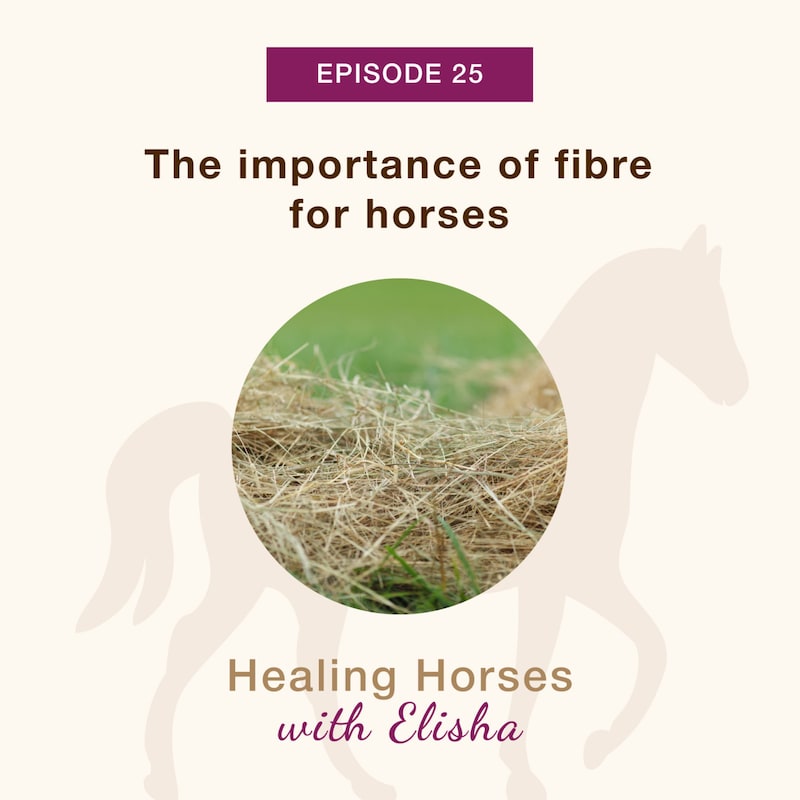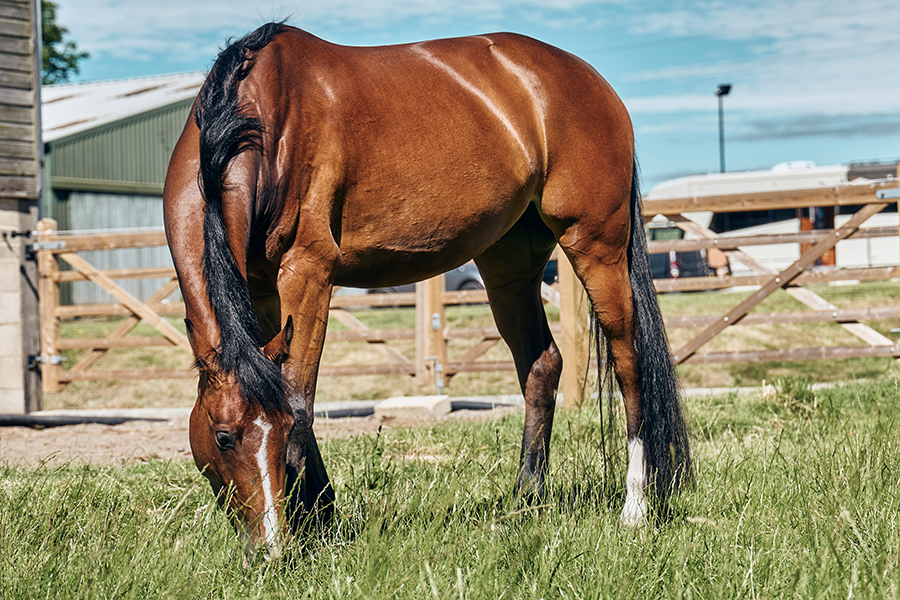How Diet Affects Horse Performance

Understanding the impact of diet on horse performance is crucial for owners, trainers, and equine enthusiasts. Proper nutrition not only supports overall health but also optimizes energy levels, endurance, and recovery times. This article explores the key dietary components that influence a horse’s performance and offers practical guidance for feeding strategies.
Key Nutritional Components
| Nutrient | Role in Performance | Sources |
|---|---|---|
| Carbohydrates | Primary energy source for muscle activity | Grains, hay, pasture |
| Proteins | Muscle repair and growth | Alfalfa, soybean meal, oats |
| Fats | Concentrated energy, supports endurance | Vegetable oils, rice bran |
| Vitamins | Support metabolic functions and immunity | Fresh forage, supplements |
| Minerals | Bone strength, muscle function, hydration | Salt blocks, mineral mixes |
How Diet Influences Performance
- Energy Levels: Carbohydrates and fats provide the fuel necessary for both short bursts of speed and sustained endurance.
- Muscle Development: Adequate protein intake is essential for muscle repair after exercise and for building strength.
- Hydration and Electrolyte Balance: Minerals like sodium, potassium, and chloride help maintain fluid balance, preventing cramps and fatigue.
- Recovery: Vitamins and antioxidants reduce oxidative stress and support faster recovery post-exercise.
Feeding Strategies for Optimal Performance
- Balanced Diet: Ensure a mix of forage and concentrates tailored to the horse’s workload.
- Regular Feeding Schedule: Consistency helps maintain digestive health and energy levels.
- Hydration: Provide constant access to clean water and electrolyte supplements during intense training or competition.
- Monitor Body Condition: Adjust feed based on weight, muscle tone, and performance feedback.
Common Dietary Challenges
- Overfeeding grains can lead to digestive upset and behavioral issues.
- Insufficient forage reduces gut motility and nutrient absorption.
- Electrolyte imbalances can cause muscle weakness and poor performance.
FAQ
Q1: How much protein does a performance horse need?
A: Typically, 10-14% of the diet should be protein, but this varies with workload and age.
Q2: Can fats improve endurance?
A: Yes, fats are a dense energy source that can enhance stamina when included appropriately.
Q3: What are signs of poor nutrition in horses?
A: Weight loss, dull coat, lethargy, and decreased performance are common indicators.
By understanding and managing the diet carefully, horse owners can significantly influence their animals’ performance and well-being.
